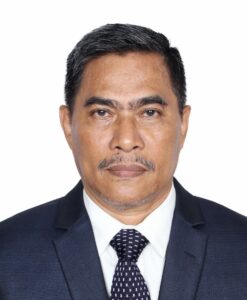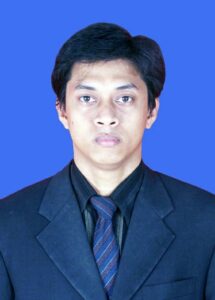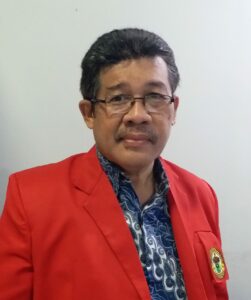Socio-Economic Analysis of Seaweed Farmers (Case Study of Papan Loe Village, Pajukukang District, Bantaeng Regency)
VOLUME 4, ISSUE 2, 2022
Articles
January 19, 2023
2023-01-19 — Updated on 2022-12-28






